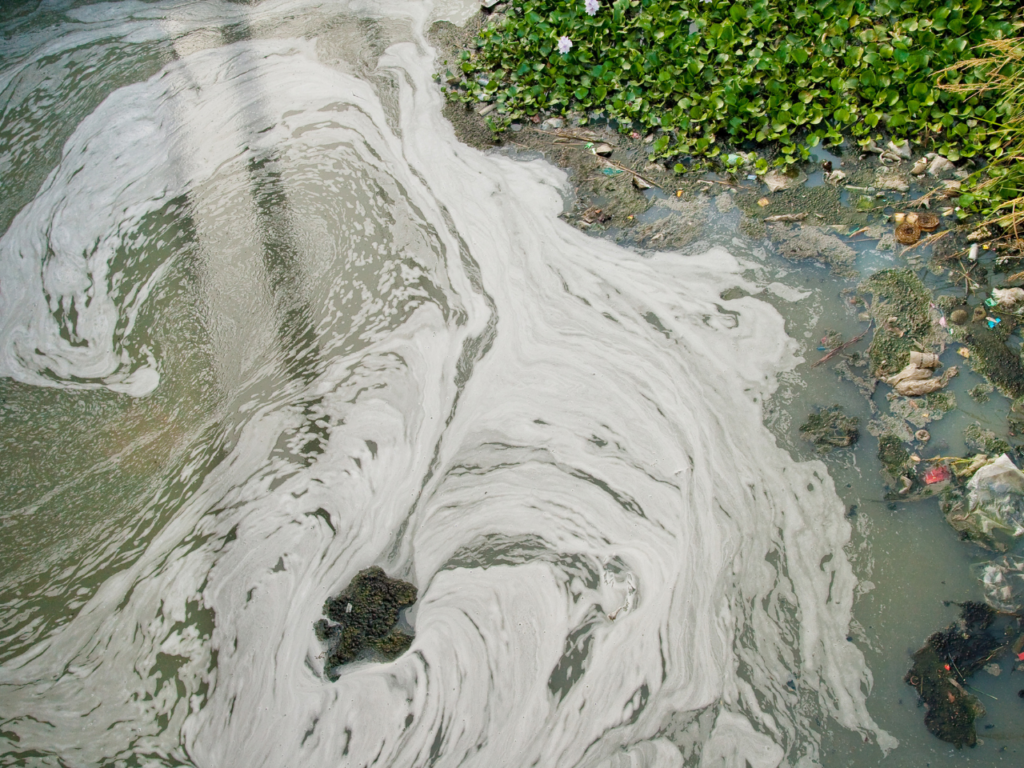Amid South Africa’s water crisis, innovative science is converging with indigenous wisdom. The Department of Water and Sanitation (DWS) and the Energy & Water Sector Education Training Authority (EWSETA) are exploring traditional knowledge to complement modern solutions, fostering sustainable strategies to address water scarcity challenges in the nation.
“One of colonialism’s lasting legacies is the erasure of indigenous knowledge as a valid source of information,” says Prof Bongani Ncube, SARChI Chair in Governance and Economics of Water and Sanitation Sector institutions. Rhulani Shingwenyana, a senior researcher in water for the CSIR adds:
“There is a real need to look into all avenues to help solve our water woes, and the reality is that indigenous people have been looking after their water for a long time, so why not learn from them?”
What and why indigenous knowledge
Indigenous knowledge is best described as the plurality of thought that pre-colonial South Africa held with regard to how to manage a society. This encompasses politics, ecology, as well as cultural practices. “It is best to think of indigenous knowledge as site-based, as knowledge can differ from similar groups due to their specific geographic needs,” says Prof Ncube. Indigenous peoples have been practising an ecology for a long time, and in some remote communities, this is still the way water is managed. Rhulani adds that “while not strictly legal in some rural communities they have ‘water councils’ that are used to manage water within the community. This includes water rationing and sustainable usage, which is exactly what Johannesburg is practising now with their water restrictions.” Sylvain Usher, advisor to the African Water and Sanitation Association, says “Africa has a wealth of historical knowledge and the continent’s ongoing battle with water has illuminated the fact that there is no ‘one size fits all’ solution, which is why indigenous knowledge can be useful to the water sector.”
Water in South Africa
Africa is experiencing growth in economy, population, and urbanisation. By 2050 it is expected that the population will double, and as it does, the demand for water increases. In Sub-Saharan Africa, only 24% of the population has access to clean water daily. South Africa scores high here as the country has 5% of the population who don’t have access to daily safe water, but that percentage is still 3 million people. Water usage in South Africa is 218 litres per person per day, well above the international average, which is 173 litres per person per day. This is more disturbing when coupled with the fact that it is a water-scarce country. In 2024, Johannesburg is currently undergoing water restrictions due to supply worries. Both Rand Water and Johannesburg Water are taking action against non-revenue water as well as systemic threats like non-payment, illegal connections, and vandalism.
It is in this context that organisations are looking to all spheres to get as much information as possible, indigenous knowledge included.
How does Indigenous knowledge help

Pollution of our water sources has a big impact on rural communities
Both DWS and the EWSETA have noted that community engagement is a key area that predicts a successful water project. “It can’t be overstated that actively engaging and involving a community in projects that directly impact them has aided in many project successes,” says Petunia Ramunenyiwa, chief director of IGR sector transformation and provincial governance for DWS.
“Who better than the community themselves to know their struggles and how they have managed,” says Prof Ncube, a sentiment shared by Usher. In areas where the community is involved, solutions come up quicker than those without.
The iSimangaliso Wetland Park is a good case study where DWS, along with the community who live near or even on the site are involved in its protection. This shared knowledge and collaborative approach is indicative of the principles found in the Protection of Indigenous Knowledge Act of 2019, which underpin how historical and cultural knowledge can aid in South Africa’s missions, be it water or ecological. This is where the SETA for the water and energy sector offers insight into how this can be translated into skills needed for the sector. Mpho Mookapele, CEO of the EWSETA, says that “our goal as the SETA is to equip those in the sector with the necessary tools for the sector to thrive, and by acknowledging that community engagement is a key component of the field we can efficiently incorporate that into our training.” Usher adds that “At every level, from vocational to academic, cultural knowledge can play a vital part in shaping the professionals of the future.”
The big ‘why?’
If modern science is the de facto leader in this sector, offering the most promising solutions, why include cultural knowledge? If science is to remain objective it must evaluate all the information, Indigenous knowledge included, and discounting it wholesale is unscientific. Indigenous knowledge is also a very human-centric concept, and water, while a science-driven sector, is a very human need. The current water woes are indicative that as a country South Africa did not treat water with the respect it deserved. There are countless water professionals working tirelessly, who are passionate about water and perhaps a perspective shift that centres water around humanity is exactly the approach that is needed to win a water-secure future for South Africa.









